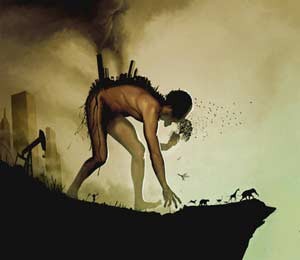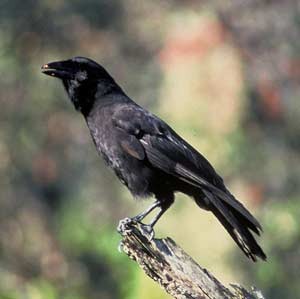In recent years there has been a groundswell of the notion that we are now living in the Anthropocene, the age of man. This is based on strong evidence that humanity is now leaving a very detectable footprint in the earth geological record on a global scale. This includes the fall-out of the atomic tests of the 20th century, climate change is altering the chemical composition of the oceans, and we are shifting more material per year than all natural erosion processes combined. These human activities will leave a signal in the geological record of the planet and be there for millions of years.1
The Anthropocene is the culmination of millions of years of human expansion and increased technological prowess. Initially, the human species lived on the savannahs of East Africa, the original human environment, on which they had no detectable impact because of the low population numbers. Over time the human species migrated out of Africa and by about a thousand years ago they had invaded almost every biogeographical region of the globe, except for Antarctica. When entering new areas humans deliberately or by accident altered local environments to suit their needs. Since the dawn of the Industrial Revolution this process speeded up with the help of energy available in the form of fossil fuels, culminating in what many now regard as the Anthropocene.


Recent Comments